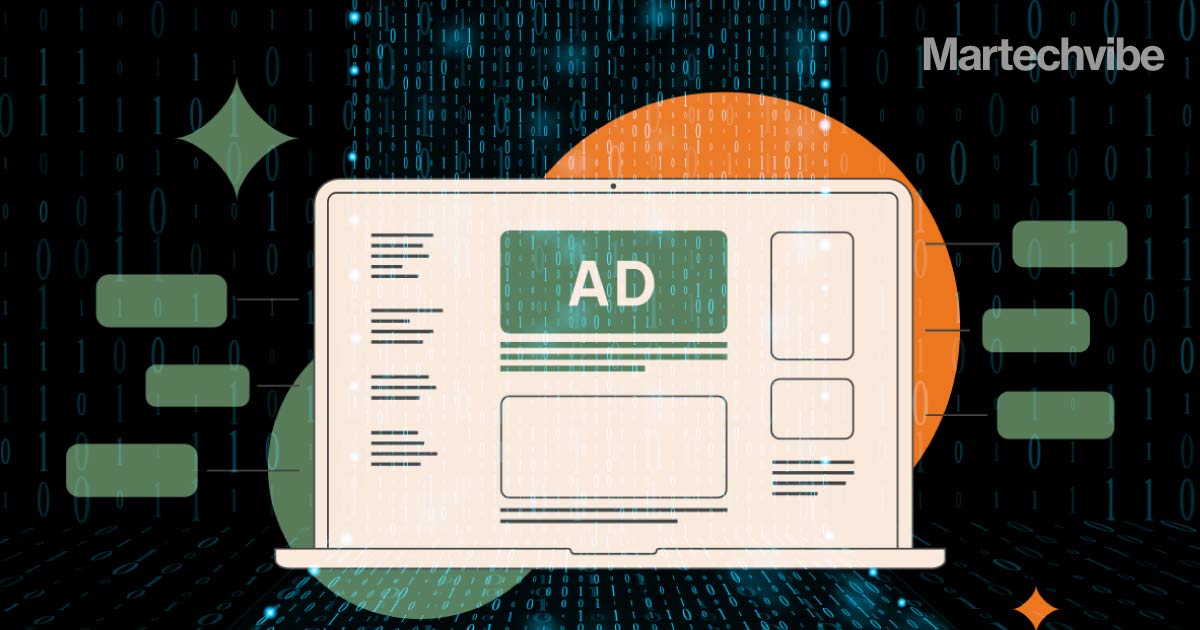Where Is Programmatic Advertising Heading?
The constant adaptation in the world of programmatic advertising is being viewed as an opportunity to incorporate new elements.
What to Read Next
- Structured Unveils AI-Native Partner Marketing Execution Platform
- Sinch Introduces Agentic Conversations to Scale AI Agents Across Channels
- Precisely Expands Data Integrity Suite with New AI Agents
- OUTFRONT Media Signs Multi-Year Partnership with AdQuick
- Freestar Introduces pubOS, a Unified Publisher Operating System

Advertisers have long relied on consumer data for successful programmatic advertising. With Google’s recent announcement to abandon the deprecation of third party cookies, programmatic advertisers took a sigh of relief. However, new laws are coming into place frequently to prioritise user privacy and the only way forward is to reduce dependence on customer data from sources like third party cookies and find solutions that utilise other measures to target audiences.
The good news is that advertisers seem to be in a positive mindset about the new advertising environment. As per the 2024 State of Data Report by TripleLift, 62% of marketers are optimistic about the landscape of addressability. Advertisers are likely to continue testing and implementing solutions amidst Google’s latest announcements, and reflect an increased trust in the big tech sector.
The 2024 State of Data report by Triplelift, an ad tech platform elevating digital advertising across screens, dives into the minds of advertisers to better understand what their perceptions, challenges and needs are from a data solution in the current addressability landscape. Conducted in partnership with Advanis, a market and social research firm, the study encompassed respondents from four different regions: US, UK, Germany and France.
Many of the respondents within the report revealed that the constant adaptation in the world of programmatic advertising no longer felt like a hurdle to overcome, but rather an increased opportunity to incorporate new elements. With that, the report uncovered three major findings:
- Individuals indicated that there is an increased trust in big tech, showing more than 2x the average increase in trust since 2021.
- Many showed positive sentiments around Google’s deprecation announcements from this Summer, with 61% saying they felt positive following the delay in deprecation, and an anticipated larger number feeling optimistic after the full cancellation.
- 96% of respondents agree that ‘The future of programmatic advertising is going to open up new opportunities for success.’
While performance and efficiency are top concerns for marketers, these are closely followed by challenges such as: Achieving KPIs (45%), Fraud & Sustainability (41%), and Accurate Targeting Capabilities (37%).
“The shifting of the addressability spectrum will continue as the consumer desire for privacy increases and browser competitors seek to take advantage of the privacy opportunity,” said Airey Baringer, VP of Product for Privacy and Identity at TripleLift.
“Now is a critical time to stay ahead, so the impetus of this report is to determine how these shifts are impacting the bottom line and educate the industry on how solutions such as TripleLift Audiences can help marketers position for a more privacy-first future. Our goal with these findings is to provide marketers with new insights on how to reach intended targets with the added pressure of addressability compression.”
As per the report, first party data is being seen as the most promising solution, providing a direct reduction to third party cookie reliance. Other solutions include groups/cohorts, contextual, and privacy-enhanced technologies.
The report looks at four different solutions ranging from data management to privacy concerns, and finds that each solution has a very specific perception to overcome. The common theme across all solutions remains true – that as the programmatic industry enters into this new age of data, a new foundation needs to be set.
There is, and will be, a large obstacle to overcome with many advertisers still relying on cookied-inventory. And despite Google no longer indicating that it will deprecate cookies, it is still important for publishers and ad tech to have solutions in place and prove those solutions through performance, transparency, repeatable measurement and trust.









































































































